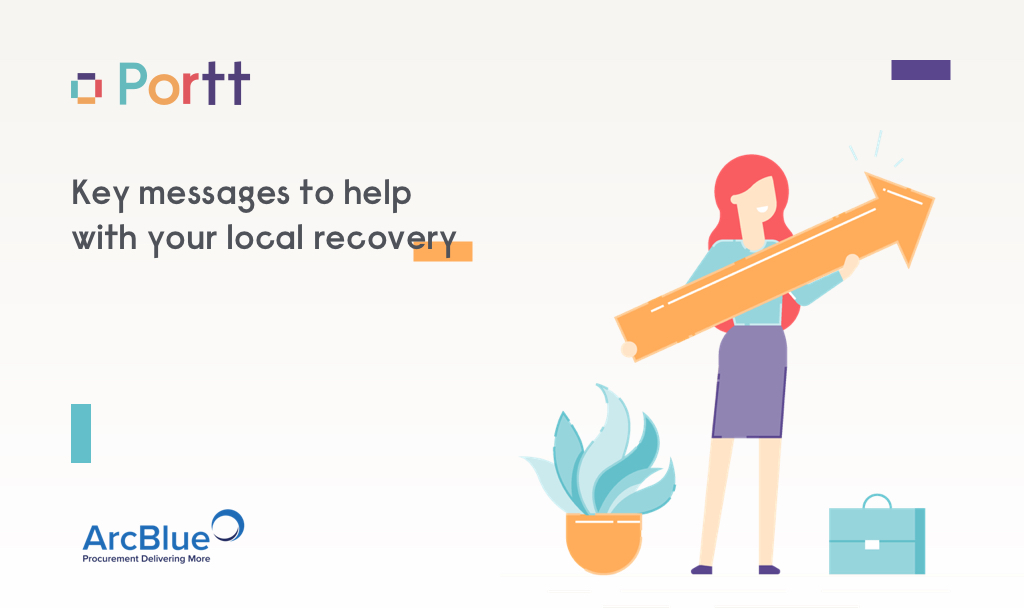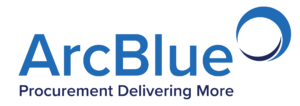It has been a challenging year for councils, and the unfortunate truth is that recovery from the impact of COVID-19 is likely to take years. Add to this the increase in natural hazards, climate change and challenges with core infrastructure projects, and we know that costs, risks and other effects will be important considerations for all Council decisions.
Now more than ever, it’s important for councils to be looking inward and taking proactive steps to bolster their community’s effective recovery from the COVID-19 pandemic (or enact measures to manage our ‘new normal’). With this in mind, here are our key messages that can help with your local recovery.

1. Historic assumptions need to be adjusted
As part of your long-term plan, test the assumptions made against the new normal, review the progress made to date and adjust for future challenges. This includes who you work with and how you work with them. Ponder the ‘shovel ready’ projects that have been added and consider how you will deliver them as quickly as possible in addition to the other plans.
2. Keep it simple to comply with your policy and processes
So long as policy and process documents are incomplete, ambiguous and overly complicated, you’ll struggle with compliance. Make it simple for people to do the right thing. Some Capital Expenditure projects are delayed because tender processes are taking too long. Think about embedding all process and policy components into a contract management workflow. Systems are the best way to maintain hygiene of information, automate compliance, and audit trail activity.
3. Understand the impact of COVID-19 on your current and potential supply base
Your suppliers are vital for you to deliver to your community. If they fail, you could fail in delivering the plan. Through research and due diligence, you can understand the impact to your supply base and can support their recovery. If cashflow is a problem, pay your invoices early. If capacity is an issue, help them source extra staff. Drive changes to support economic recovery, track the impact and publish the results of the wider community. Work together and locally to overcome hurdles.
4. Lead by example
Utilise your local supply base and help them develop into a competitive supplier. If you don’t know who your local suppliers are then get your systems updated to reflect this information. Key data that will be useful includes businesses that identify as being social enterprise, Māori or Pasifika, and local businesses. Share this information with other Councils so they don’t have to ask the same supplier the same question.
Want to hear more about the value of local supply? We have case studies that can highlight ways to think local, recover locally.
Contact us below to learn how to set your council up for success with Portt.
Article written by: Fiona Nissen, Executive Regional Manager – New Zealand, ArcBlue Consulting.




